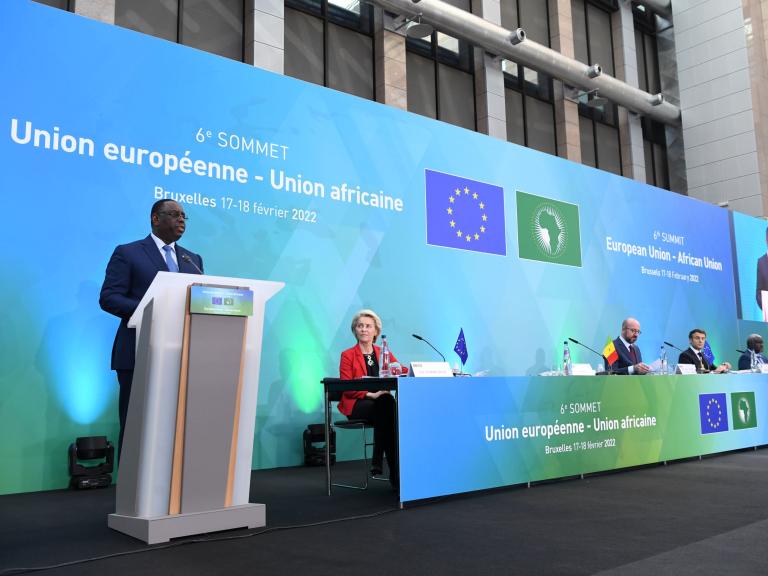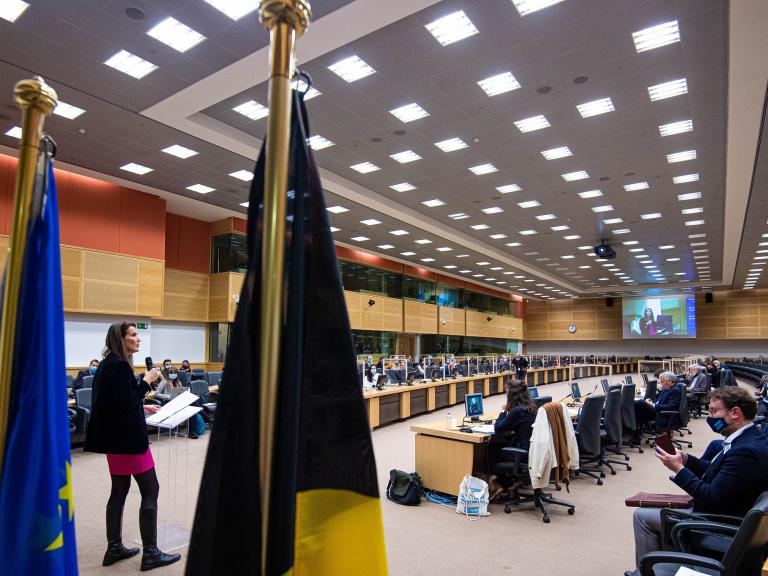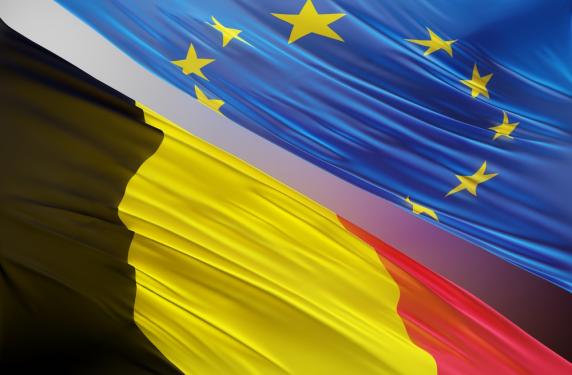-
Last updated on

© Shutterstock
In brief
The European Union is founded on the values of democracy, the rule of law and respect for fundamental rights and continues to implement the following objectives for the benefit of its citizens:
- Establish peace and stability in Europe and promote the welfare of its citizens;
- Preserve a single area of freedom, security and justice;
- Promote an internal market based on a highly competitive social market economy, contributing to social justice and social, scientific and technical progress and maintain a high level of climate protection;
- Strengthen the economic and monetary union;
- Defend its values and interests in the world, inter alia by working for free and fair trade, the protection of human rights and strict compliance with international law.
In pursuit of these objectives, the Union relies on legal bases, the European treaties (the most recent being the Lisbon Treaty) and institutions: the European Council, the European Parliament, the European Commission, the Council of the European Union and the Court of Justice.
Objectives for Belgium
In 1952, during the early days of the European Coal and Steel Community, Belgium was one of the founding members of what later became the European Union.
Our country has always played a leading role in the construction of a united Europe and has encouraged European states to move towards greater integration around the shared values of freedom, prosperity, education, peace, security, justice, social protection, the environment and health.
In addition to the statesmen who were among the founding fathers in the construction of a united Europe (Paul-Henri Spaak, Jean Rey, Jean-Charles Snoy), Belgians still play a leading role in Europe today. Herman Van Rompuy, a former Belgian Prime Ministers, has served as President of the European Council. Charles Michel, another Belgian PM, currently holds this position. Other Belgians also hold key positions.
The headquarters of the European Commission, the Council of the European Union and the European Council are based in Brussels. Certain European Parliament plenary sessions and parliamentary committee meetings also take place in Brussels.
European policy remains one of the priority strands of Belgium's foreign policy and moreover, our country will hold the Presidency of the Council in 2024. The European Union is currently facing major challenges: the COVID-19 crisis, the environment, migration, issues related to the rule of law... The solutions to these challenges are far from simple. However, Belgium is convinced that, given their scale and transnational nature, these challenges can only be solved effectively and sustainably through joint action by the Union and the Member States. It is now more important than ever to intensify the European project.

EU-AU summit: two unions, one vision
In Brussels, the European and African Union developed a hopeful plan for the future that should bring prosperity and stability t...

EU: more democracy in practice
Geography teacher Rafik Kiouah talks about his participation in a Belgian citizens' panel on a more democratic EU as part of the...

The EU joins forces for external action
The European Union is combining various funding channels into a single instrument: Global Europe. The simplification will give t...
